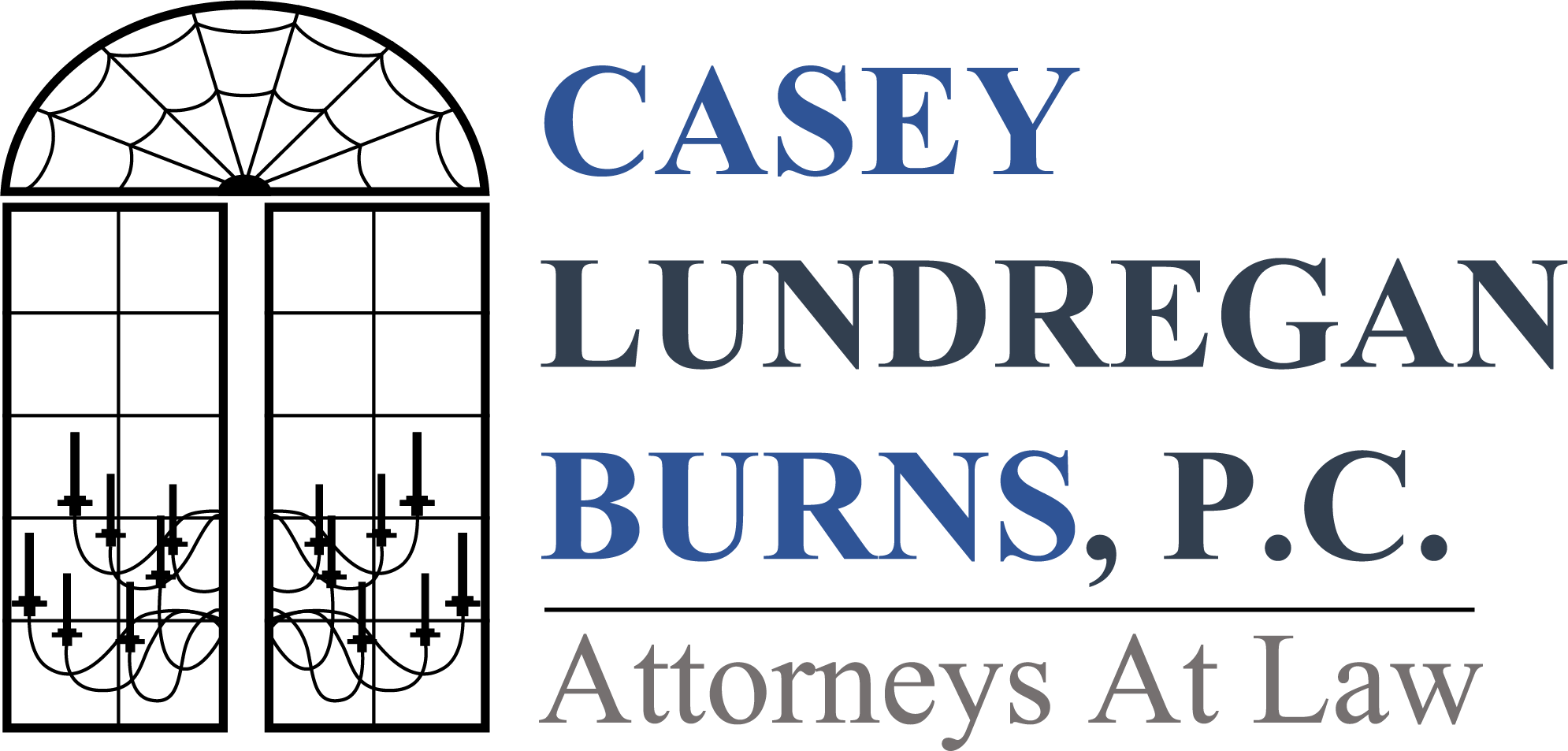Probate without a Will Lawyer
A will is a critical component of an estate plan, but two-thirds of adults have neither an estate plan nor a will.
Not having a will when you pass results in the ownership of your assets going through a long and often complex probate process that might be misaligned with your intentions. Further, your assets may be vulnerable to taxes, creditors, and other parties.
To gain peace of mind and ensure your wishes are carried out upon your death, contact the legal team at Casey Lundregan Burns, P.C. to discuss your estate plan.
What Happens in Massachusetts If You Die Without a Will
Dying without a will causes intestate succession laws to serve as a guide to the distribution of your assets in Massachusetts.
Property transfer is typically distributed according to the following:
- Jointly held properties with a designated right of survivorship transfer to the other co-owner(s), including a surviving spouse if they are one of the joint owners.
- Property held in a trust will be distributed according to the terms of the trust.
- If you have already named beneficiaries for some classes of property, such as life insurance policies, retirement funds, or bank accounts, these beneficiaries will likely be able to inherit.
Intestate succession prioritizes a surviving spouse, who inherits the bulk of the assets, totaling $200,000 of the first portion of the estate and 75% of any remaining balance. If any parents are living, they receive 25% of the remaining estate. Massachusetts further outlines the next of kin hierarchy.
How Probate Works Without a Will
When someone dies without a will, an heir’s first step is to file a petition with the probate court. An estate administrator will then be assigned once the court confirms that no will exists.
The estate administrator is often an attorney to help ensure that everything is done according to the letter of the law, including notifying heirs of a court date. In some cases, an heir may need their own legal representation if they are a minor or are incapacitated.
With no written instructions, this task can be daunting, which is why Casey Lundregan Burns, P.C.’s attorneys with over 80 years of experience are well situated to perform these duties.
Duties of the estate administrator include:
- Identifying, valuing, and re-titling the assets
- Paying taxes and outstanding debts
- Ensuring heirs and beneficiaries receive assets accordingly
This process can be incredibly challenging if emotionally charged family members quarrel about who gets what and feel slighted.
Complications in Probate
Not having a will makes probate even more challenging, and the process can take an average of up to two years due to the following challenges:
- Locating heirs
- Marshaling assets
- Gather documents (especially if some are lost)
- Resolving disputes about who should serve as an administrator
- Identifying, verifying, and settling debts
Contact an Experienced Salem, Massachusetts, Estate Planning and Probate Attorney
Probate is not inevitable, and it can potentially be avoided by having a will, establishing a trust, and taking other proactive measures. For more than 80 years, the attorneys at Casey Lundregan Burns, P.C. have been helping Salem families with their estate planning needs. Contact us today to get started.
